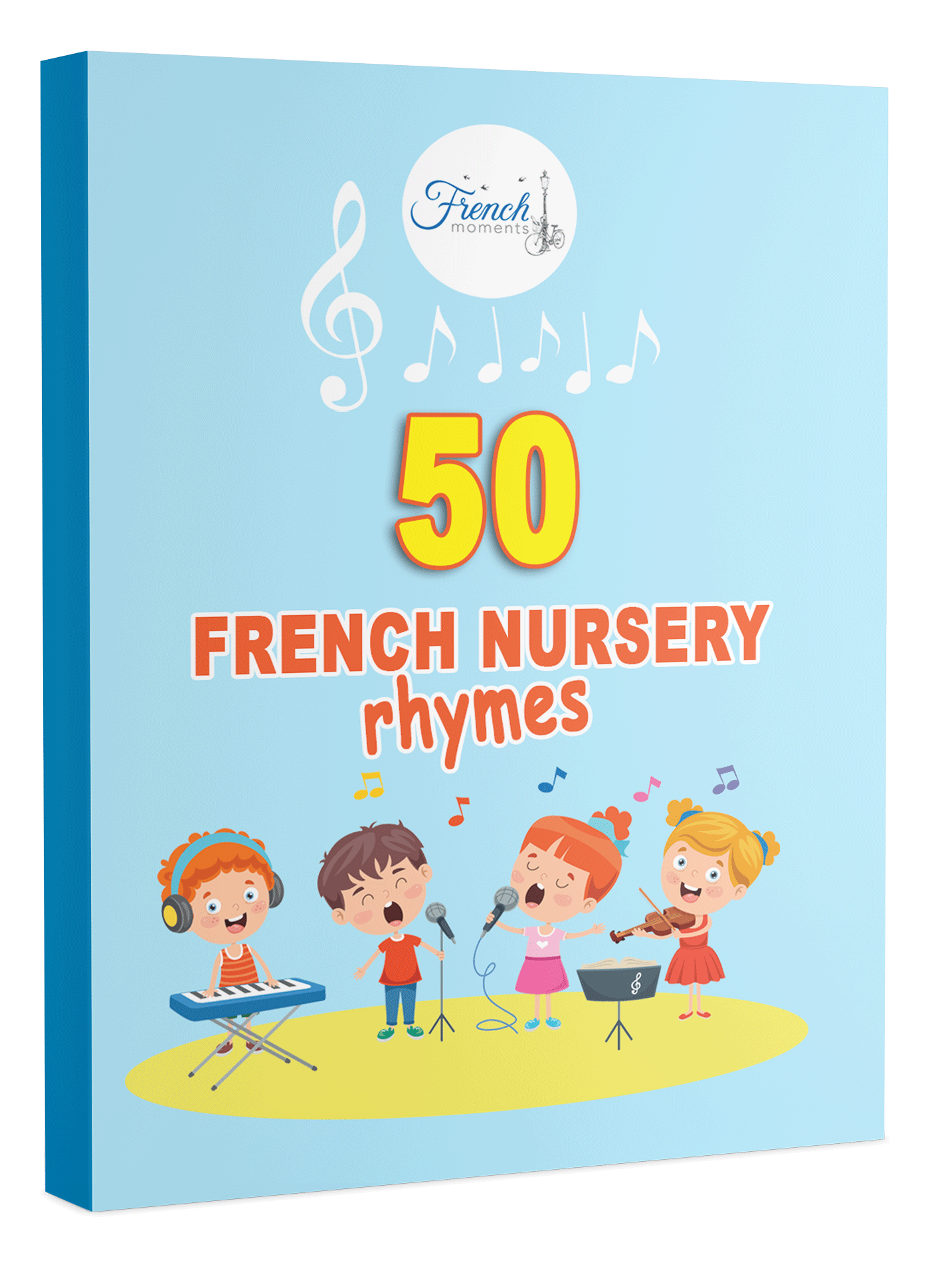French nursery rhymes, also known as comptines or chansons enfantines, are a beloved part of French culture and history. These traditional songs have been passed down through generations and are a cherished part of French childhood. They are a fun and engaging way to learn French and provide a musical journey through French history and culture.
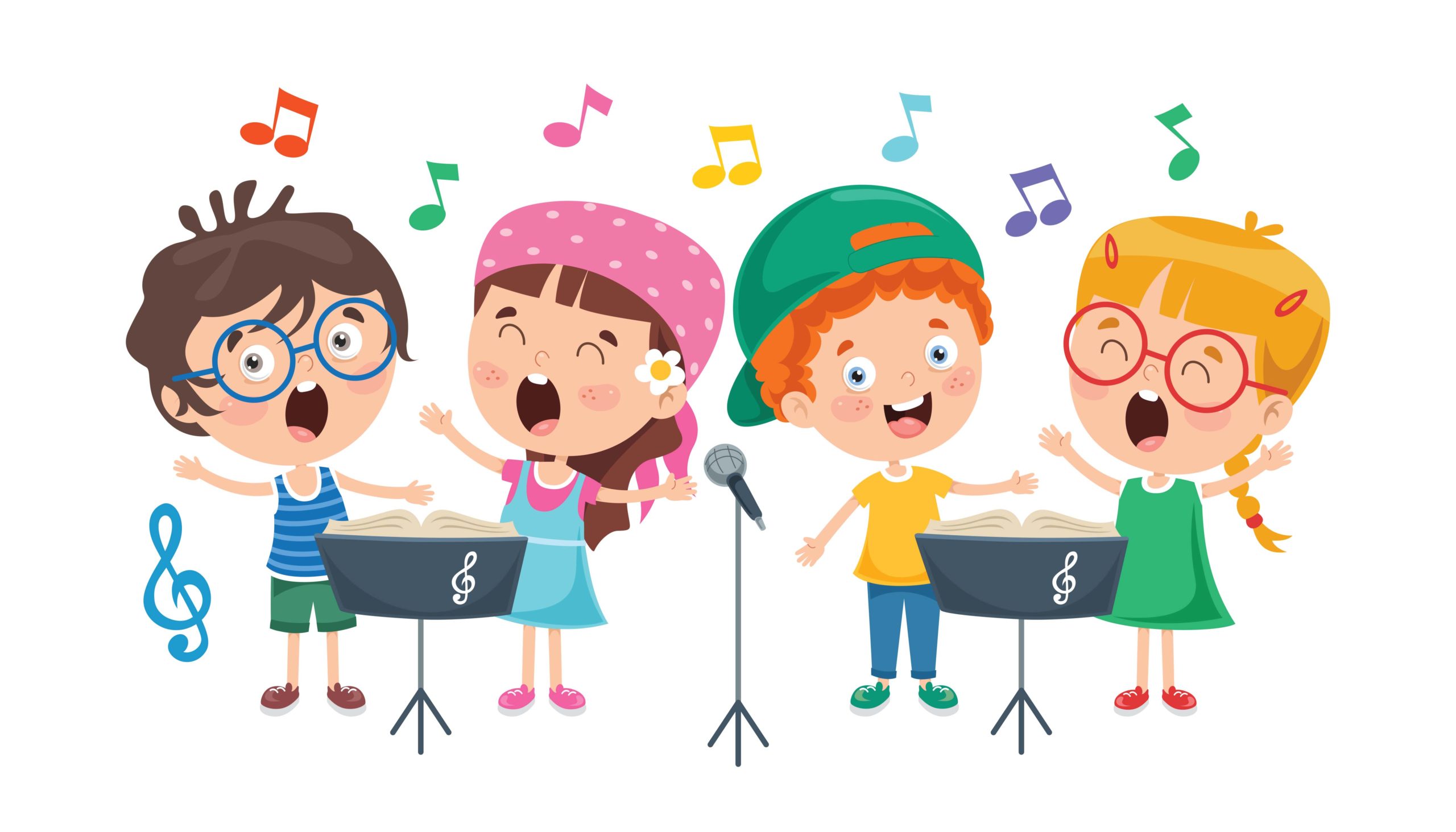
What are French Nursery Rhymes?
Nursery rhymes are often derived from traditional French folk songs and stories. Their themes revolve around animals, nature, and everyday situations.
There are hundreds of French nursery rhymes. Some are only known in certain regions. Others have long been forgotten. Today, less than a hundred nursery songs are sung regularly, mainly at home or in primary schools.
These children's songs have been around for centuries, providing children with stories and songs to learn and enjoy.
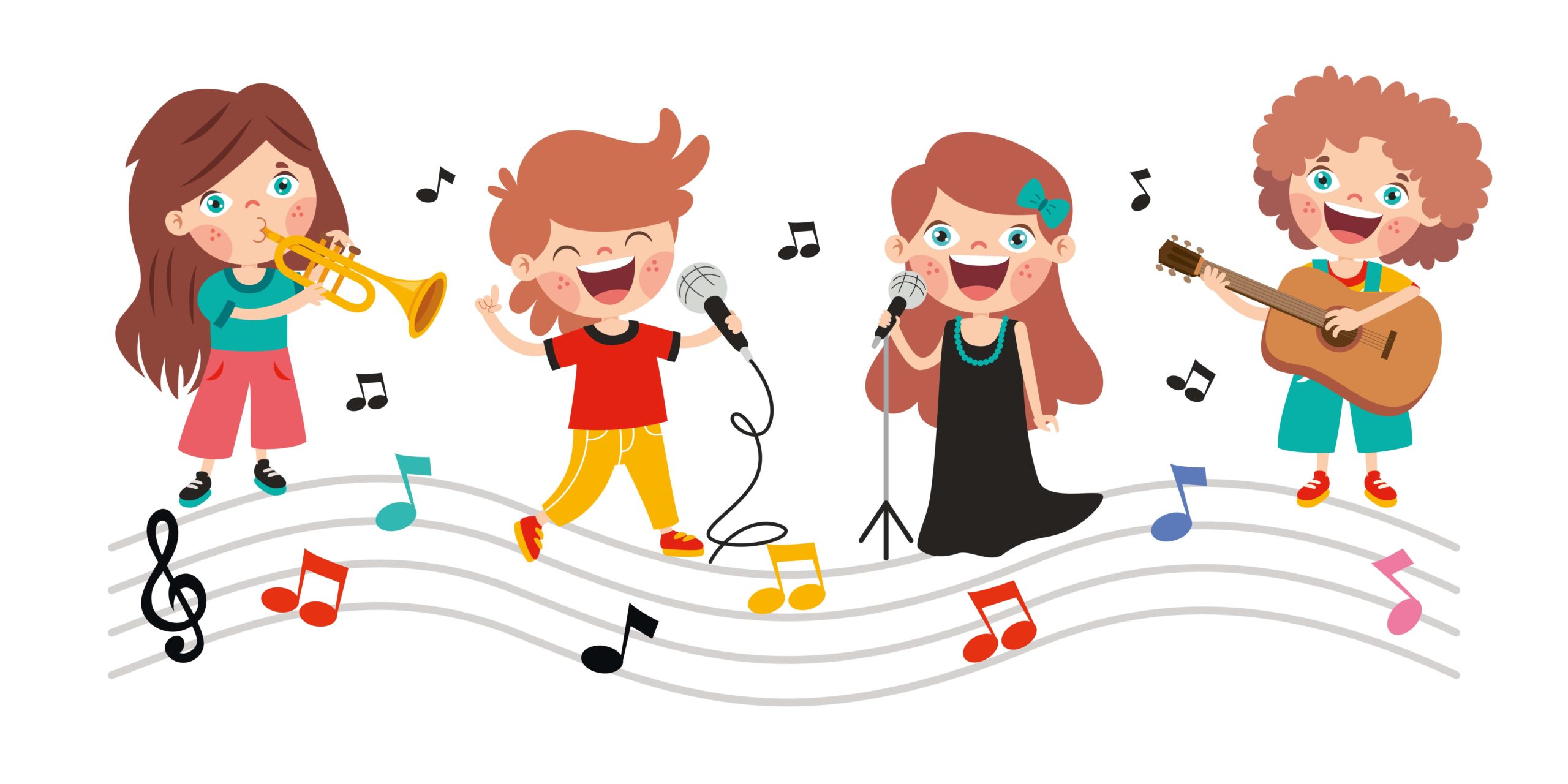
An introduction to French history
Introducing children to nursery songs teaches them some events and characters of French history, including the French Revolution. For example, the song "Le Bon Roi Dagobert" (Good King Dagobert) depicts the cheerful Merovingian king Dagobert I (7th century). Composed in the 18th century, it served as a parody of King Louis XVI, known among other things for his absent-minded personality.

A way to understand the changing times
In fact, one of the most significant aspects of French children's songs is their ability to transport listeners through time. Many of these songs have been around for centuries. They have evolved, reflecting the cultural and historical changes of the time. For example, "Frère Jacques" is a classic French nursery rhyme that has been around since the 18th century and is still popular today. This song is about a monk who is sleeping and doesn't wake up for the morning bell, reflecting the Catholic Church's influence on French culture.

A reminder of traditions and customs
French nursery rhymes are also used to teach children about certain traditions and customs - some of which have long been forgotten.
Many songs are about simple daily activities such as washing clothes, preparing meals, and playing games. These songs provide a window into the traditional French way of life and help one better understand French culture and history.

A moral or lesson to learn
In addition, many children's songs also feature a moral or lesson to be discovered.
For example, the famous song "Au Clair de la Lune" is about a little boy who goes out at night to look for a lost key. The story's moral is never to give up when searching for something you have lost.
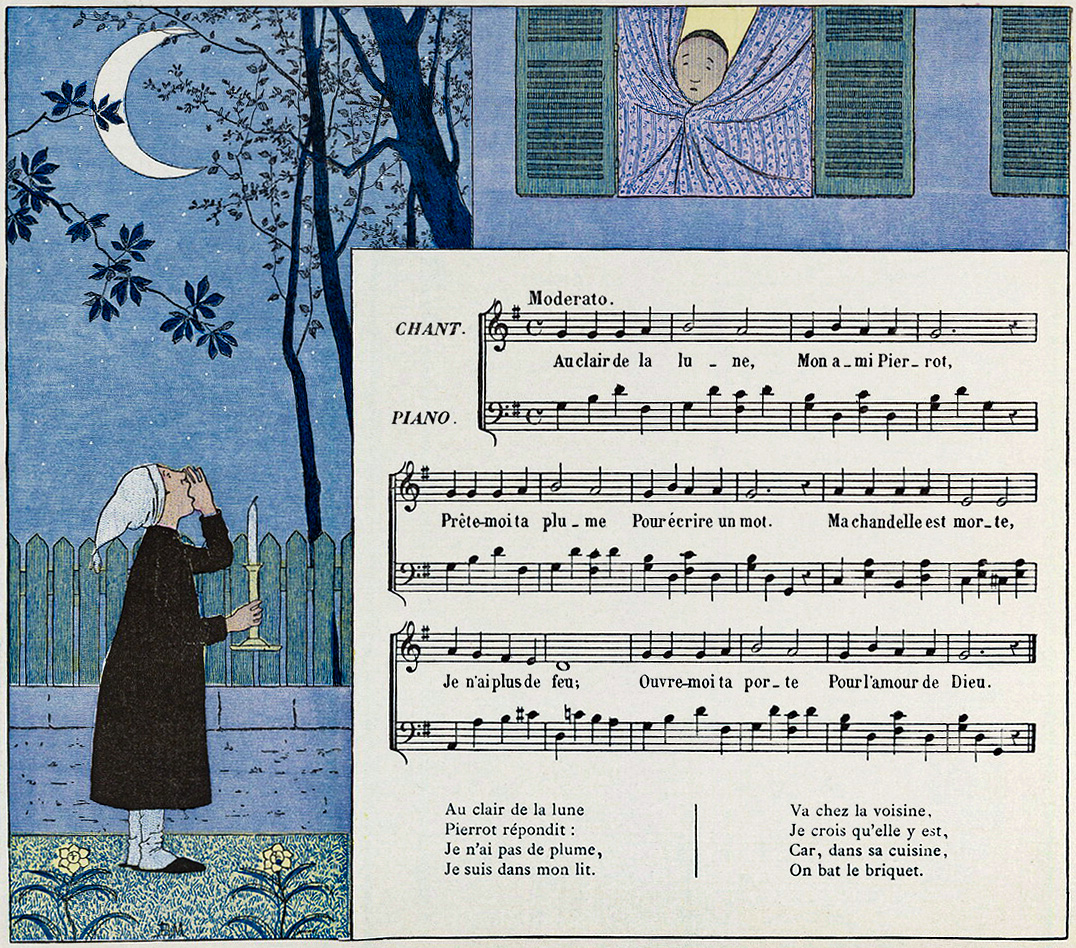
Songs that are easy to memorise
Therefore, melodies and rhythm of French children's songs are also an essential aspect of their cultural significance. French nursery rhymes are known for their catchy, upbeat melodies and simple, repetitive lyrics (such as "Plantons la vigne"). These elements make them easy to sing along with and memorable, helping to make learning French a more enjoyable and memorable experience.
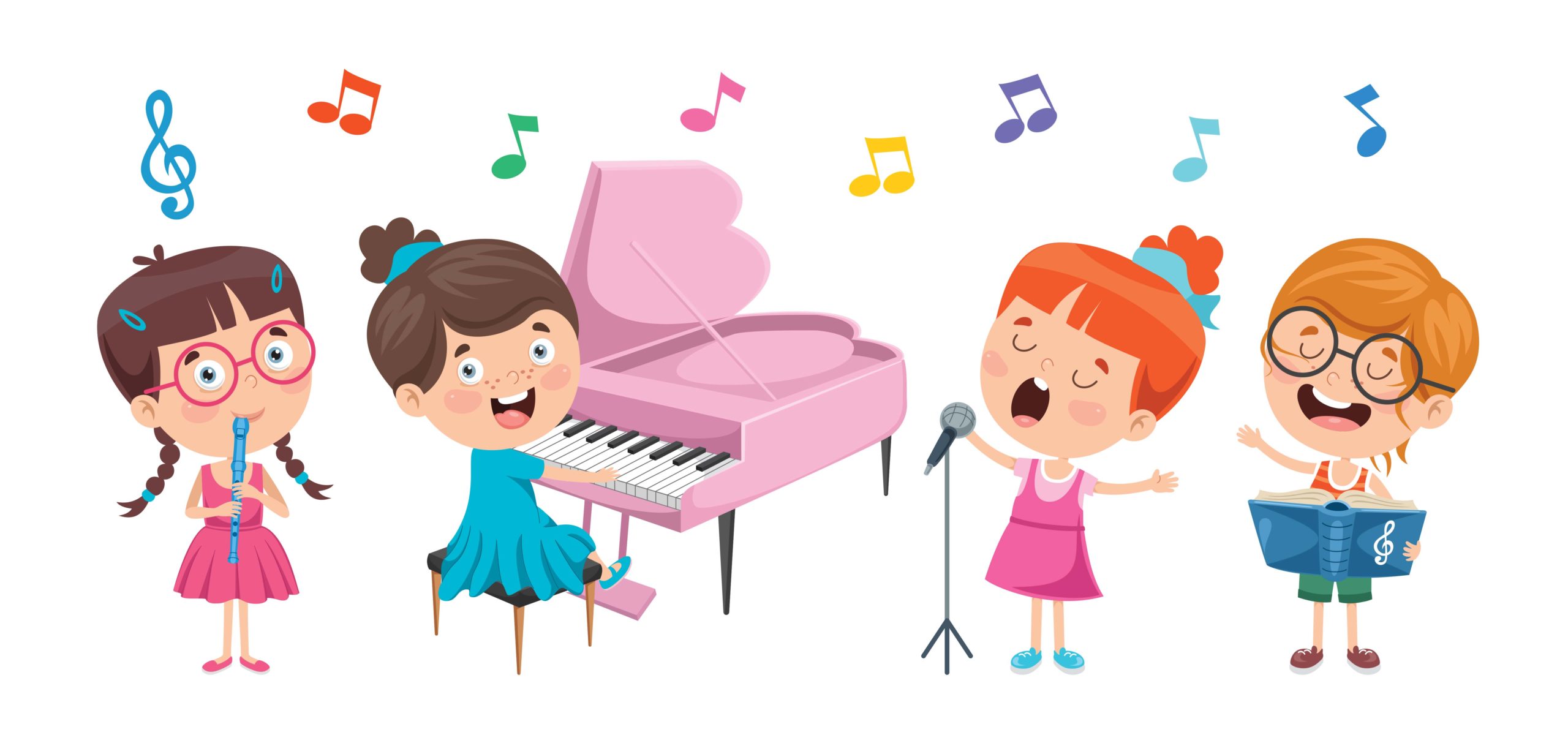
Nursery rhymes on TV and YouTube
The popularity of French children's songs has only grown over the years. They are still taught in French schools, used in children's books and TV shows, and even featured in French pop songs.
The biggest effort to reintroduce nursery rhymes to children on television was undertaken in the early 1980s by Dorothée and her friends in the children's programme Récré A2. Since then, several French youtube channels have specialised in teaching nursery rhymes to children.
For more info on French children's songs on YouTube, check out:
- Dorothée et les récréamis playlist
- The channel Comptines et Chansons
- Les Titounis and their playlist Comptines et Chansons
Nursery Rhymes to learn French
French children's songs are a great way to learn about the French language. These songs are simple and repetitive, making them an excellent tool for building vocabulary and improving pronunciation. They can also be used to practice listening and comprehension skills, helping enhance fluency in French.
They are also used to teach French to children in other countries, as their simple rhythms and rhymes make them easy to learn and remember. In many schools, from the United States to Australia and the United Kingdom, French teachers teach children "Sur le pont d'Avignon" or "Alouette". In particular, these two songs have become very popular songs outside France.
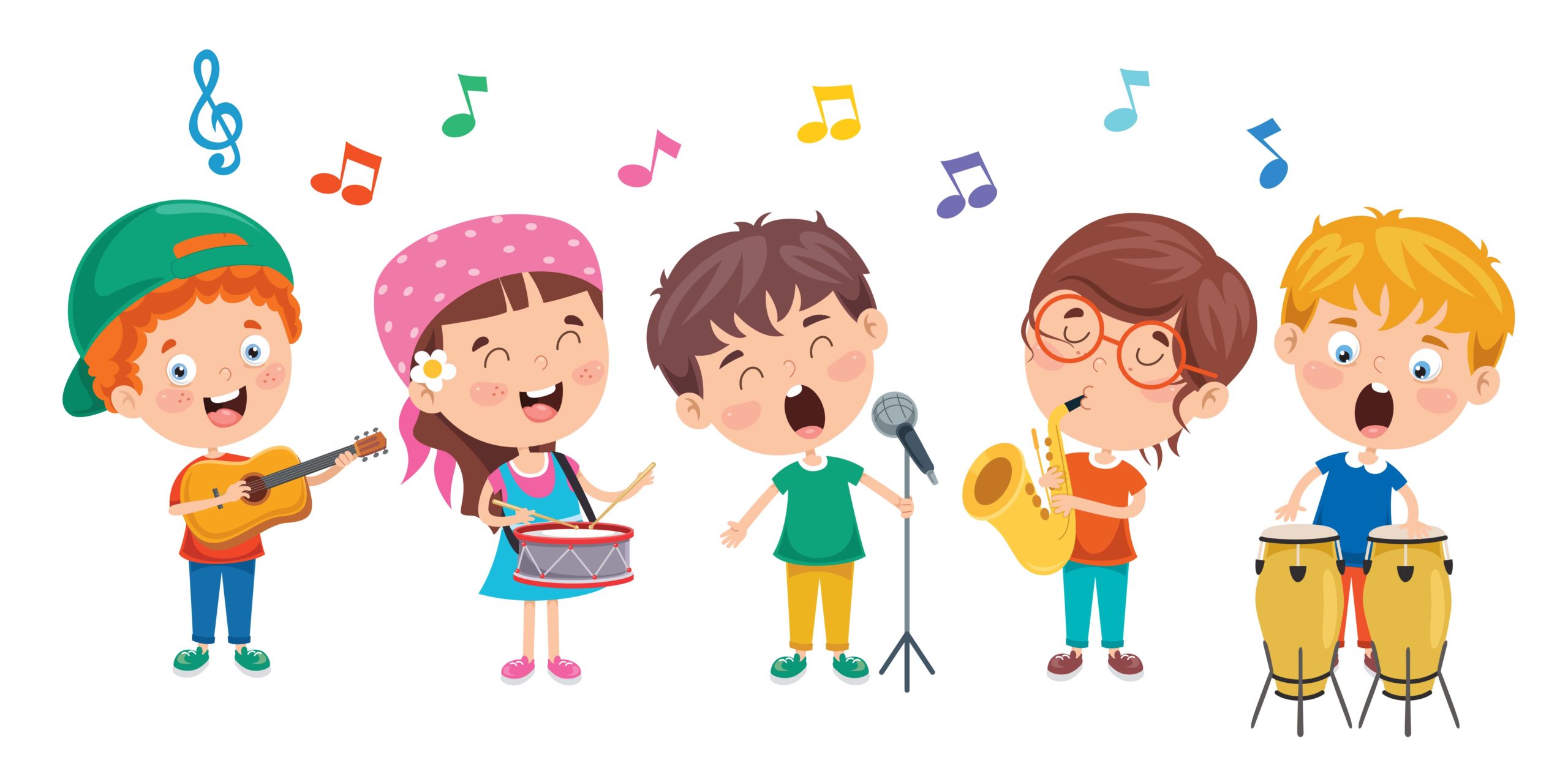
Why children's songs are great for learning French?
Here are 10 reasons why French children's songs are great for learning French:
- French nursery rhymes are a fun and engaging way to learn French.
- They are easily accessible, as they are simple and repetitive in nature.
- They help to build vocabulary and improve pronunciation.
- French children's songs are a great way to learn about French culture and tradition.
- They are suitable for children and adults alike, making it a great way for the whole family to learn French.
- French nursery rhymes can be used to supplement traditional language learning methods.
- They are a great way to practice listening and comprehension skills.
- French children's songs can help to develop a sense of rhythm and melody regardless of the French language.
- They can be used to build a foundation for learning more complex French grammar and sentence structure. For example, they can be used to teach French idioms and expressions.
- French nursery rhymes provide a good opportunity for practicing French with others in group settings. Indeed, French children's songs can foster a sense of community by providing an opportunity for shared singing and performance with others.
Now, let's stay on the same topic and focus on children in particular.
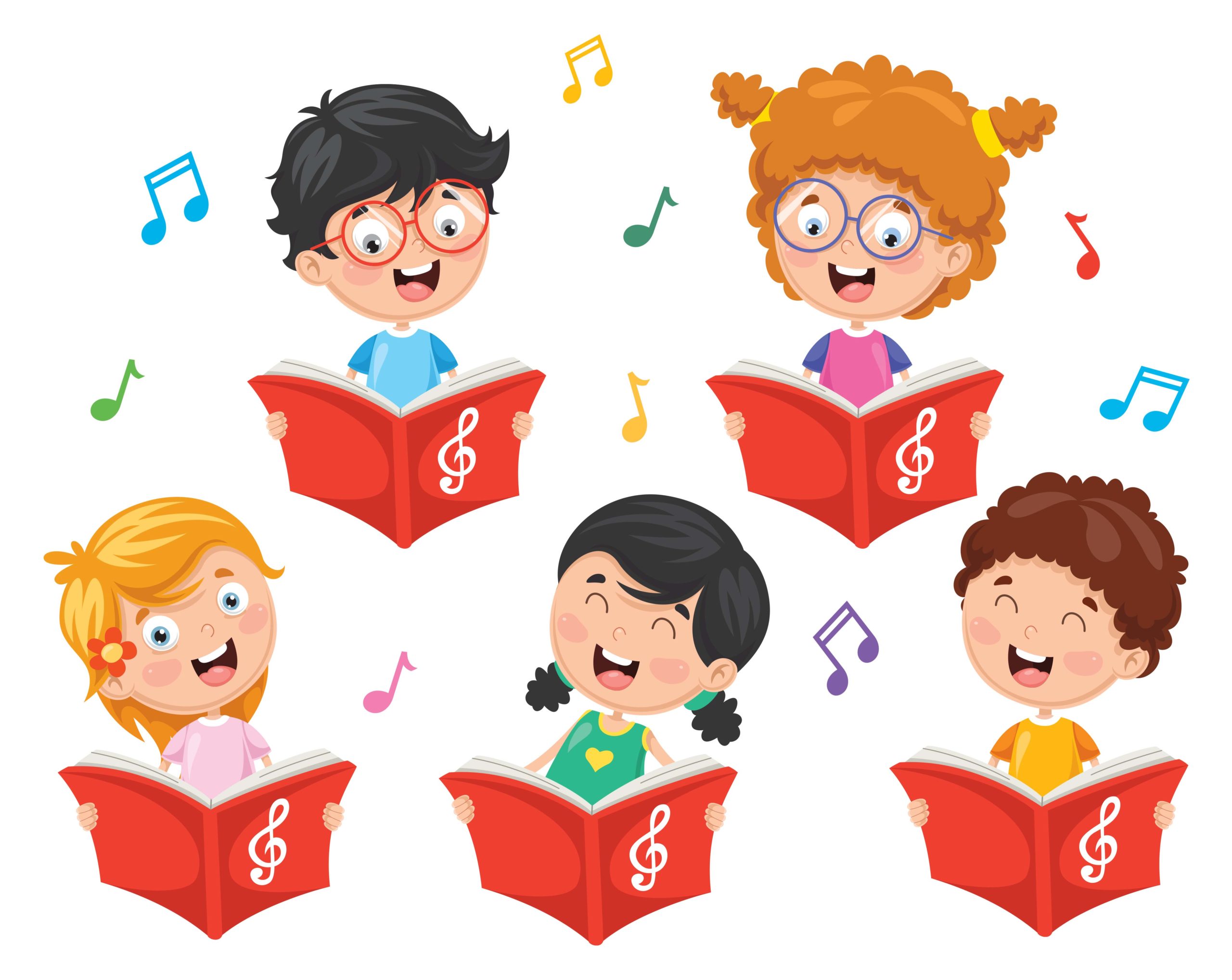
Why French nursery rhymes are great for kids?
French nursery rhymes are a great way for children to learn French. Here are 10 reasons why:
- Age-appropriate: most French nursery rhymes are designed for young children, making them easy for kids to understand and enjoy.
- Engaging: The catchy melodies and simple, repetitive lyrics of children's songs make them fun and easy for kids to sing along with.
- Vocabulary building: French nursery rhymes use simple words and phrases that are easy for kids to learn and remember, helping to expand their vocabulary.
- Pronunciation: French children's songs are a great way to improve pronunciation and accent, as children can hear and practice the correct sounds and intonations of the French language.
- Cultural context: French nursery rhymes offer children a glimpse into French culture and history, helping to give them a better understanding of the French-speaking world.
- Interactive: children's songs are often accompanied by actions, movements, or gestures that make the learning process interactive and engaging for children.
- Supplement traditional learning methods: French nursery rhymes can be used alongside other learning materials, such as textbooks or workbooks, to make learning French more enjoyable and memorable.
- Language base: French nursery rhymes are a great way to lay the foundation for more complex French grammar and sentence structures, preparing children for more advanced French learning in the future.
- Listening and comprehension skills: children's songs are a great way to practice listening and comprehension skills, helping children to understand spoken French better.
- French learning is fun: French nursery rhymes can make learning French a fun and enjoyable experience for children, helping to keep them motivated and engaged in the learning process.

Why some French nursery rhymes are not appropriate for kids
While many French children's songs are suitable for children, some may not be appropriate for kids due to certain themes or lyrics. Here are 5 reasons why some French nursery rhymes may not be appropriate for kids:
- They may contain mature themes. Some French nursery rhymes may contain themes or lyrics that are not suitable for children, such as references to alcohol or adult relationships.
- They may be violent. Some French nursery rhymes may contain violent imagery or lyrics that may be disturbing for children.
- They may be culturally insensitive. Some French nursery rhymes may contain references or imagery that may be culturally insensitive to some groups, such as stereotypes or derogatory language.
- They may be difficult to understand. Some French nursery rhymes may use more complex vocabulary or grammar that may be difficult for children to understand.
- They may be outdated. Some French nursery rhymes may be outdated and may no longer reflect current values or beliefs, which can be confusing for children.
Although many children's songs are great for learning French, it's important to be mindful of the themes and lyrics when introducing these songs to children and to use discretion when deciding which French nursery rhymes are suitable for children.

In conclusion
In conclusion, French nursery rhymes are a fun and engaging way to learn French and provide a musical journey through French history and culture. These traditional songs offer a glimpse into the everyday lives of French people, reflect the cultural and historical changes of the time, and provide an understanding of French culture and language.
Indeed, they are an excellent way for children to learn about the French language and culture and important life lessons.
So next time you listen to a French children's songs, remember it's not just a song. It's a window to a rich culture and history.
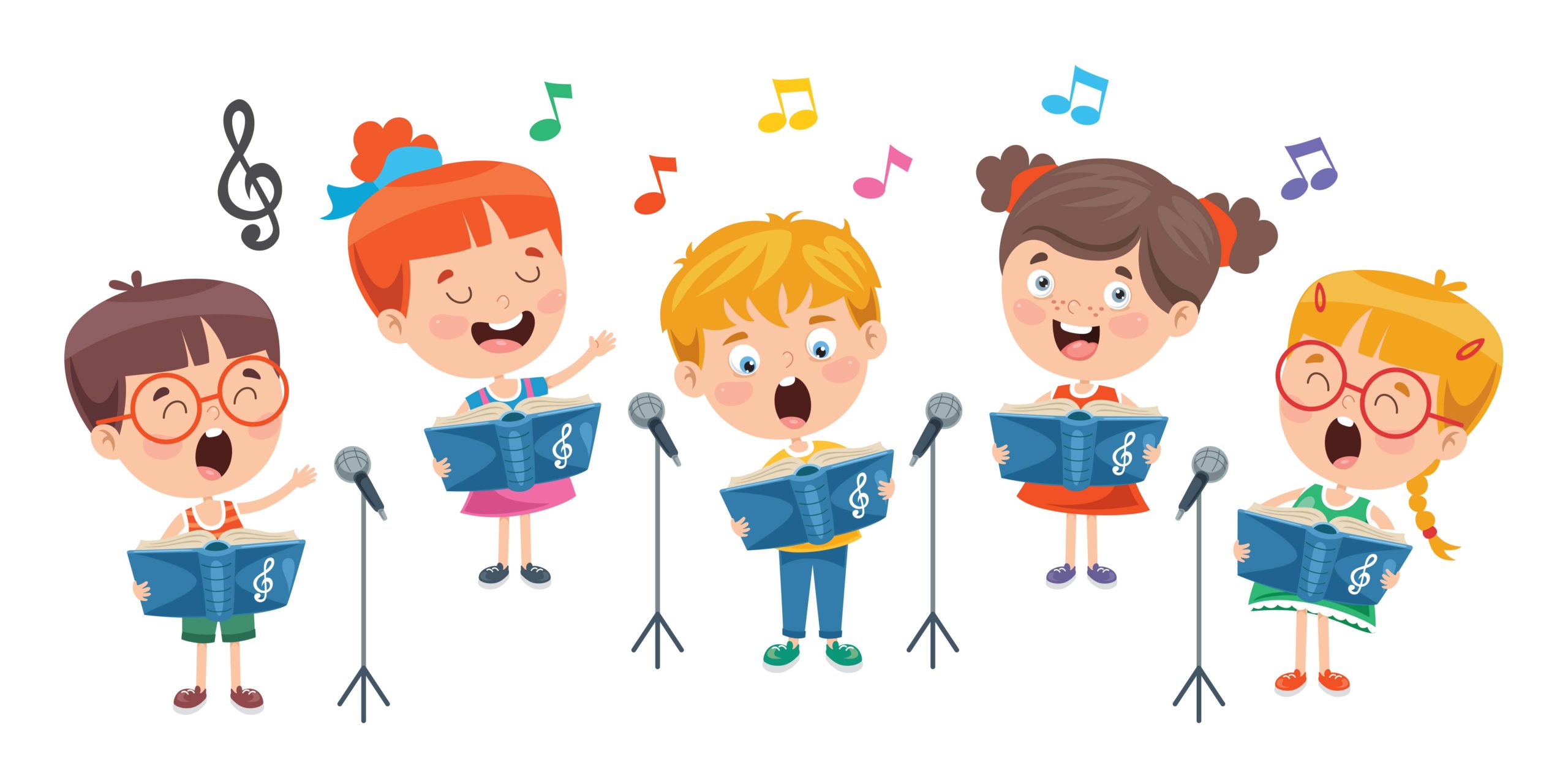
My 2023 challenge!
I have set myself a challenge for 2023: to publish 80 children's songs on the French Moments website (see the list below!). Each article will include a description of the song, its lyrics in French and a rough translation into English. I also plan to offer the lyrics as a free downloadable pdf.
You can already get my new book: 50 French Nursery Rhymes which is a collection of the most beautiful nursery songs with lyrics that you can print out for your own use, whether at home or at school.

